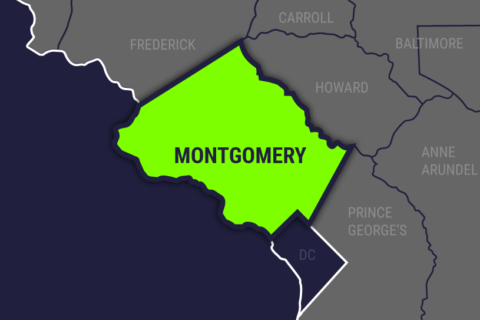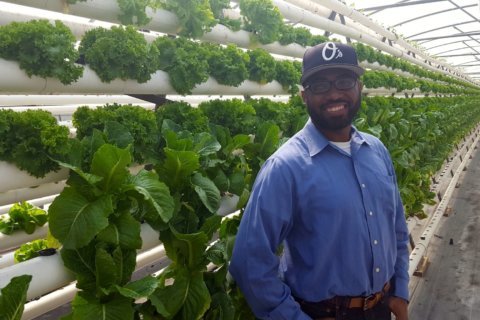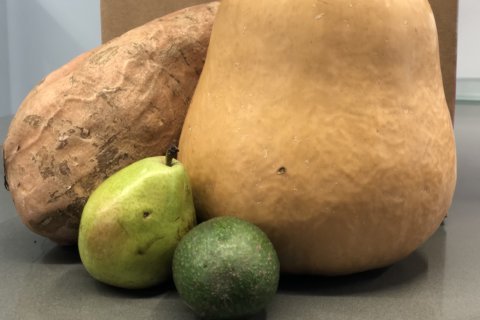WASHINGTON — Maryland and Virginia farmers produce lots of food that end up on your dinner table, but not as much as they used to. Analysts reporting those findings believe it could be a growing challenge for the area’s food security.
“Our production is declining in things like apples, chicken, pork, tomatoes, potatoes,” said Lindsay Smith, regional food systems value chain coordinator for the Metropolitan Washington Council of Governments.
The Washington metro area, Smith said, is becoming less capable of being able to feed itself, “particularly as population grows and demand increases, along with some production declines.”
Earlier this week, Smith briefed the council’s board on the Regional Agricultural Work Group’s report, “What Our Region Grows.”
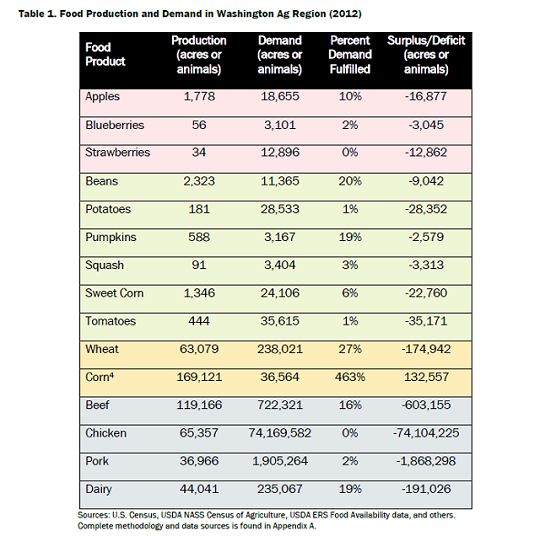
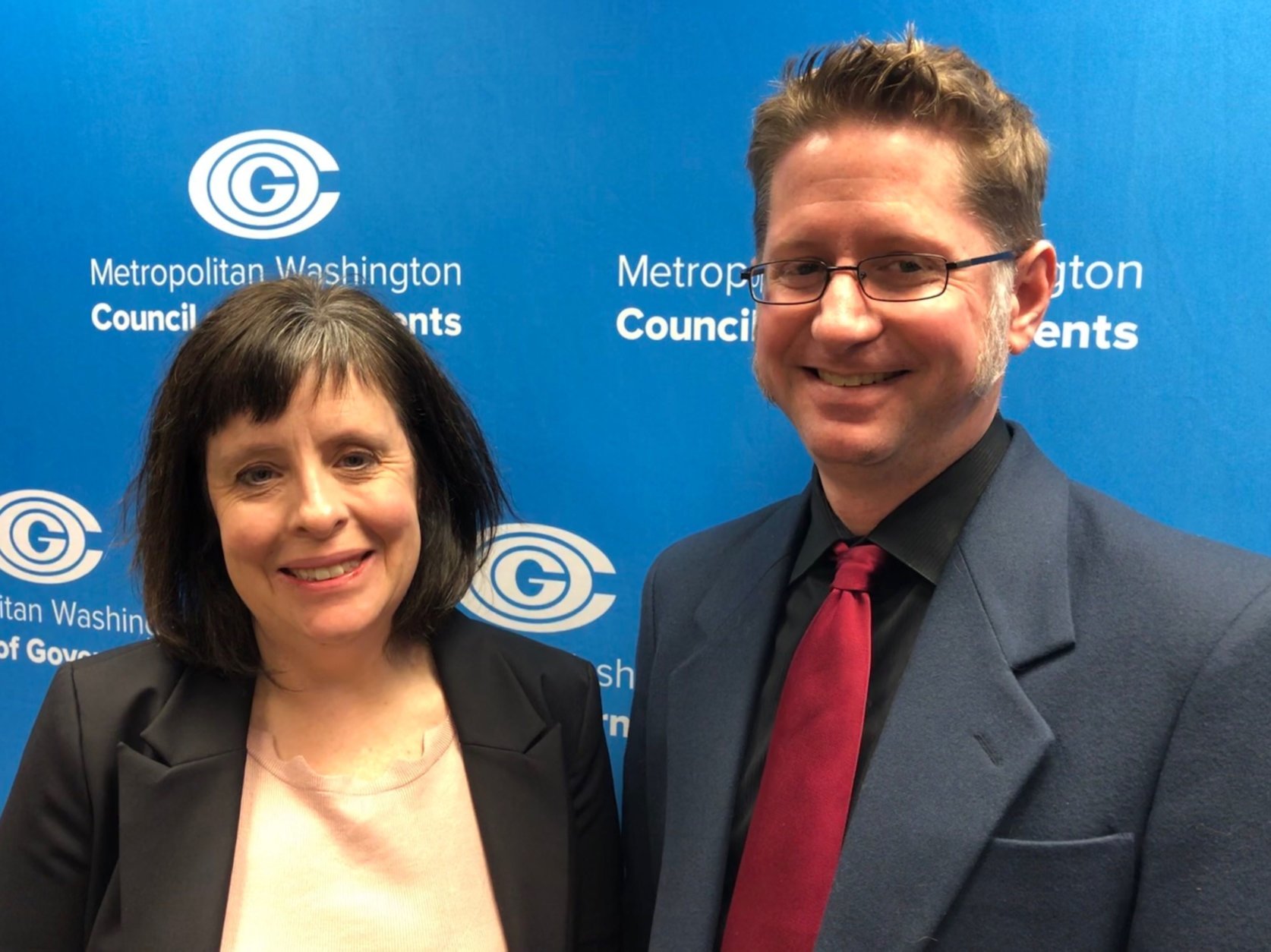
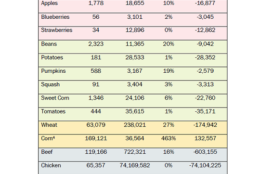

Among the report’s findings are that farmland has declined in the region by 57 percent since 1945. Within the past 10 years, production of many commonly eaten foods is down between 30 and 80 percent.
“I think it means that it’s time for us to have a more regional conversation about, “Do we want to be able to produce more of our own food in the future?” Smith said.
Why not just import everything a region needs to eat?
A member of the council’s Regional Agricultural Work Group notes it’s great being able to get avocados from Mexico or fruit from California and Chile year-round, but he warned that complete reliance on imported food could be risky in the case of safety problems or transportation issues.
“If there’s a political problem — or God forbid a terrorist issue somewhere — and we don’t produce anything in our immediate area … then we could very quickly be up a creek,” Regional Agricultural Work Group member Chris Van Vlack warned. “Having local production does provide us a level of security.”
Supporting farms and farmers is good for the economy, he explained.
“Ag production and local food is a long-term, steady-state industry that employs a lot of people — it keeps those dollars within our regions,” Van Vlack said. “We need to make sure we have the available land and the available producers to provide that food because it’s a great economic engine.”
The report recommends more be done to preserve farm land, and to support next-generation farmers.
“Those people don’t build a building and then leave,” Van Vlack said. “They’re here for 30, 40, 50, 60 years of doing that same business. It’s an exciting and a vibrant industry because they’re part of our community. We are the community producing the food.”


